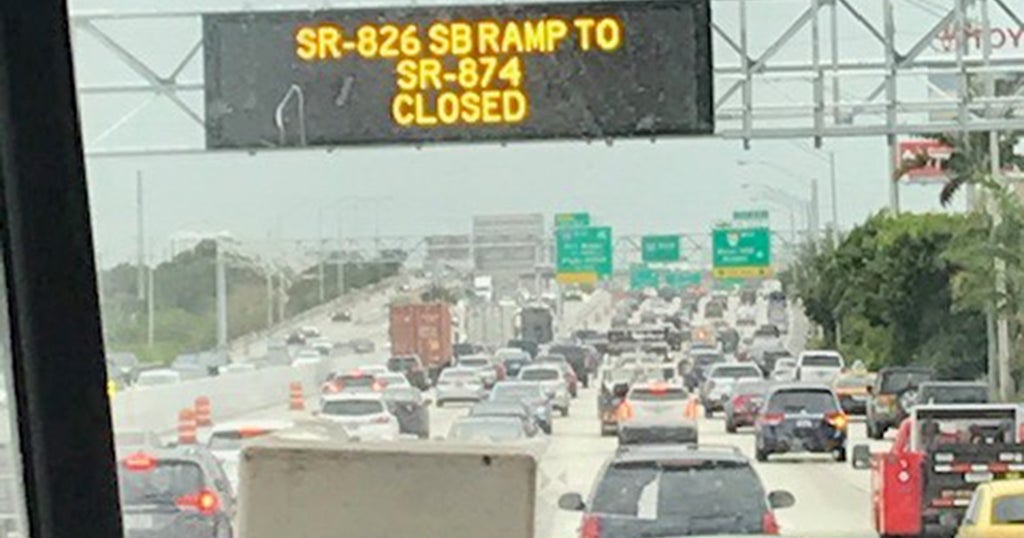Politicians Push Bill To Help States Collect Online Sales Tax
(CNET) – A group of Republicans and Democrats yesterday reintroduced a federal bill that could cost online retailers and customers more money.
The Marketplace Fairness Act would allow states to require online vendors to collect sales and use tax on certain out-of-state purchases. Only businesses with less than $1 million dollars in annual U.S. sales would be exempt.
The bill was debated by the Senate last year but went nowhere. Now a group of 35 House members and 18 senators are trying again. And they're optimistic the bill will pass this time, according to The Hill.
The bill's top author in the House, Rep. Steve Womack (R-Ark.), said he's confident it will become a law this year. Sen. Dick Durbin (D-Ill.) said that Senate Majority Leader Harry Reid (D-Nev.) wants to bring it to the Senate floor for discussion. Sen. Mike Enzi (R-Wyo.), the bill's lead sponsor in the Senate, told reporters he believes the bill is gaining momentum and that "this is the year to do it."
Since last year the bill has gone through a few revisions to make it more palatable. Previously, only businesses with less than $500,000 in annual sales were to be exempt.
The bill would give states the option to require online vendors to collect both sales tax and use tax, according to Enzi. But the states would have to simplify their tax collection systems.
The use tax could take extra dollars out of the pockets of online consumers. People who buy items from Internet retailers are supposed to declare those purchases on their state income tax forms, though few of them actually do, the Hill noted.
By not taxing online purchases, states collectively lose around $23 billion every year, according to Enzi.
"It's time to stop discriminating through the tax code and put local and Main Street retailers on a level playing field with their out-of-state and online counterparts," Enzi said in a statement. "The Marketplace Fairness Act does this without raising taxes and without burdening small businesses. It's time to let states make their own fiscal decisions without having to first ask Washington."
But some in Congress are far from sold on the bill, at least in its present form.
House Judiciary Committee Chairman Robert Goodlatte (R., Va.) said last week that the bill needs more work, according to The Wall Street Journal. Senate Finance Committee Chairman Max Baucus (D., Mont.) has also expressed some concerns, Durbin acknowledged.
Amazon has actually come out in favor of the bill, as long as it's evenly applied. Yesterday the retail giant sent a letter to the sponsors of the bill, which a company representative shared with CNET:
Dear Senators:
With respect to state sales tax collection, Amazon.com has long supported a simplified nationwide approach that is evenhandedly applied and applicable to all but the smallest volume sellers.
With this in mind, I am writing to thank you for your bill, which will allow states with simplified rules to require sales tax collection by out-of-state sellers who choose to make sales to in-state buyers.
When enacted, your bill will protect the states' rights to make and maintain their own revenue policy choices, without new taxes or federal spending. Your bill also will facilitate compliance with state sales tax laws by consumers and retailers.
We look forward to working with you and your colleagues to ensure that the law is appropriate for states and for interstate sellers of all sizes. Software and services will make compliance easy for all but the very smallest volume sellers, which will be exempt under the law. Out of fairness and respect for states' rights to revenue already due, the law must allow states to apply their laws evenhandedly to all other sellers who choose to make interstate sales to in-state buyers.
eBay also chimed in on the bill via a statement sent to CNET:
Small business retailers using the Internet are innovators using technology to grow a business, create jobs in local communities, and serve consumers with competitive alternatives. Congress should reject any Internet sales tax legislation that throws a new tax barrier in front of small businesses. A meaningful small business exemption that protects all small business retailers is a must.
(TM and © Copyright 2013 CBS Interactive, Inc. and CNET, a CBS-owned company. All Rights Reserved. This material may not be published, broadcast, rewritten, or redistributed.)



